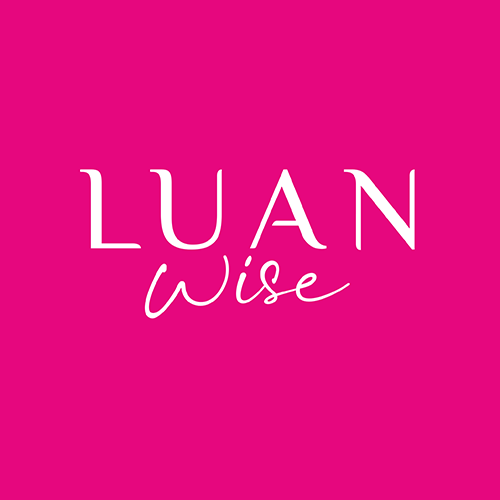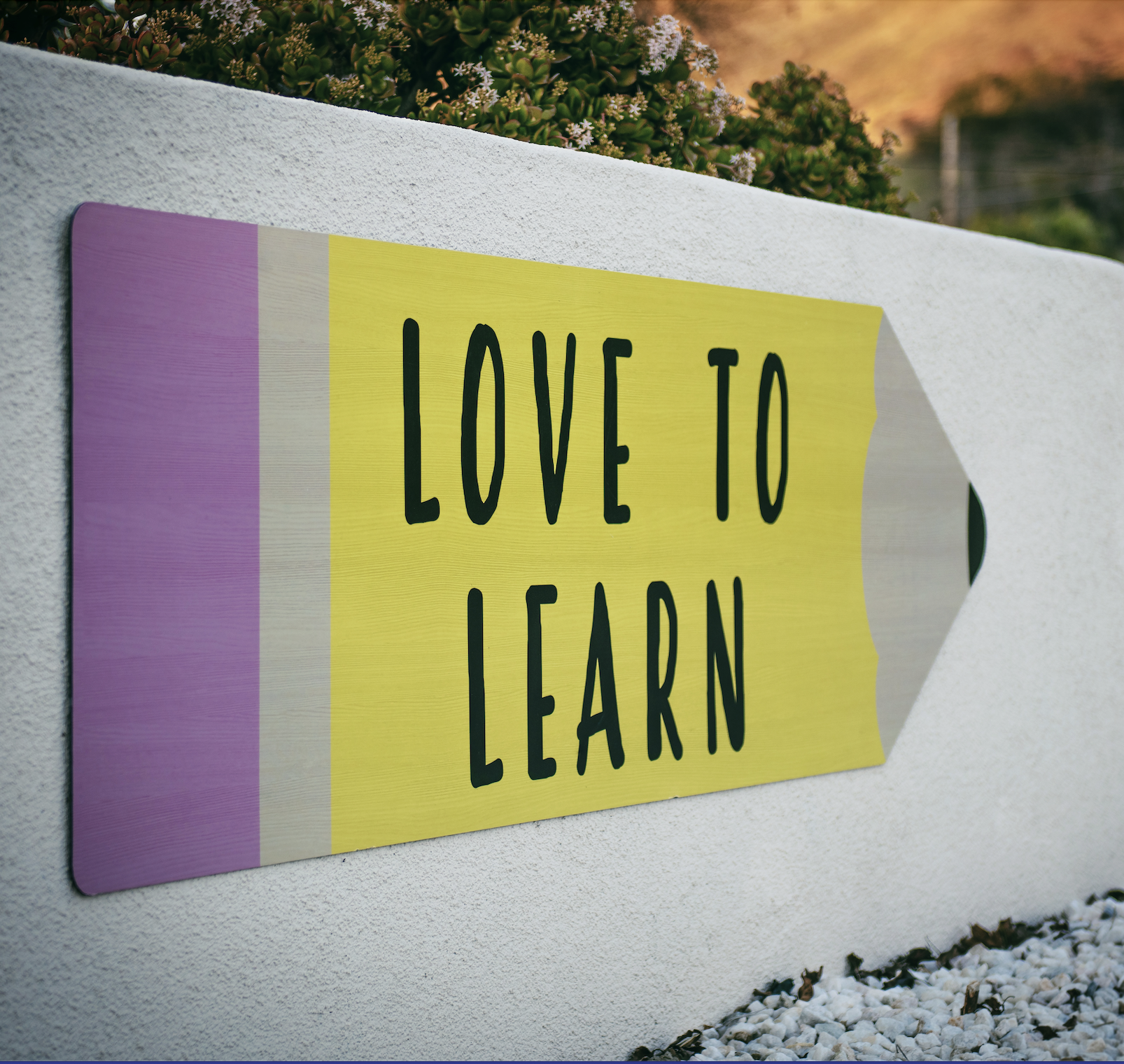Have you ever stopped to consider the importance of learning in marketing?
As someone who considers themselves a lifelong learner, the significance of continuous professional development in marketing cannot be overstated. It’s part of my commitment as a Fellow of the Chartered Institute of Marketing and maintaining Chartered Marketer status. My personal library of books, PDF downloads and online bookmarks is a testament to my commitment to knowledge and keeping up-to-date. I truly believe that marketing is such a rapidly changing industry, that staying ahead of the curve is not just a preference; it is a necessity.
In a LinkedIn Live session I had the pleasure of chatting with Professor Professor Laura Chamberlain, from Warwick Business School, University of Warwick. Together, we unpacked the idea of continuous learning for those working within the marketing industry.
To watch the discussion, click below:
The Academy of Marketing
Have you ever wondered what happens when a community of marketing enthusiasts, academics, and practitioners come together under one roof? We both had the privilege of attending the Academy of Marketing Conference in July 2023, an annual gathering that fosters a unique blend of knowledge sharing and discussion in the field of marketing.
As a practitioner stepping into an academic setting, I was filled with apprehension about how to navigate this new environment the first time I attended (in 2022). However, I soon realised that the Academy of Marketing is not just for academics; it warmly welcomes practitioners into its fold, acknowledging the rich insights that practical experience brings to the table.
Expectations and Skills Required for Graduates in Social Media Marketing
The 2022 conference became a pivotal moment for me, especially when a discussion turned towards the expectations and skills required for graduates in social media marketing. The heart of the issue lies in an expectation gap between what businesses assume graduates know and the skills they actually need to excel.
This session highlighted the importance for graduates to master skills such as questioning, managing upwards, understanding their audience, and defining success metrics. It was evident that there is a responsibility on both sides: graduates need to be proactive in seeking information, while line managers and business owners must provide clear and comprehensive briefs.
A recurring theme throughout the conference was the tendency for junior marketers and graduates to focus on outputs, such as likes and follower counts, rather than the broader impacts of their work. This approach often results in a fixation on short-term gains and tactical wins, ignoring the objectives that should guide their efforts. The conference highlighted the need to align social media activities with the overall business plan, emphasising impact over output to ensure long-term success.
Bridging the Gap When Learning in Marketing: Academia and Practice
For me, the conferences I have attended highlight the importance of learning, not just in the traditional academic sense, but as a broader, collaborative experience. In the LinkedIn Live discussion, Laura and I shared how we were able to engage with presentations on themes as varied as sustainability, charity marketing, and the evolving nature of work-from-home practices. It was a testament to the diversity of interests and the shared passion for knowledge that defines the Academy of Marketing community.
But what truly stood out was the conference’s commitment to breaking down the barriers of higher education. There were initiatives aimed at engaging with local communities, efforts to integrate arts into marketing, and discussions about the real-world impact of academic research.
The collaboration between academia and industry brings a wealth of perspectives to the table. While professors, like Laura, provide their students with a theoretical foundation, practitioners offer a glimpse into the practical application of these concepts.
This multi-faceted approach results in a more holistic and comprehensive understanding of the material. Students benefit from seeing variations and adaptations of theories in different contexts, which enriches their learning experience and prepares them for future challenges.
The Academy of Marketing Conference was more than just an event; it was a celebration of learning, a melting pot of ideas, and a clear indicator that the future of marketing education is in passionate, capable hands. Laura and I left feeling invigorated, our minds buzzing with ideas and full of anticipation for what the future holds. The world of marketing is constantly evolving, and with events like these, we are more than ready to evolve with it.
Learning through Research and Writing
As you may know, I have been working on a new book, ‘Planning for Success: A Practical Guide to Setting and Achieving Your Social Media Marketing Goals’. The content of the book has been informed by research conducted in collaboration with Laura. In the LinkedIn Live we shared some of our findings.
A key observation that emerged was the future direction of social media roles: will they remain specialist positions, or will they become embedded skills required across various roles within an organisation? Our view is that it depends on the resources available and the specific needs of the business. While there is a place for specialists, there is also a compelling argument for embedding social media skills across different roles to ensure a holistic approach.
The array of industries, particularly in fields like marketing and communication, has dramatically changed over the years. When I was a student, social media was nonexistent, yet the theories we studied back then are still applicable today. This enduring relevance highlights the importance of foundational knowledge, demonstrating that even as tools and platforms evolve, the underlying principles remain constant.
Throughout the writing process, I found myself reevaluating my knowledge, connecting disparate ideas, and ensuring that the concepts I presented were not just understood, but were also applicable in real-life scenarios. It became a process of relearning and introspection, questioning why certain methods were chosen, and exploring avenues for improvement.
The journey of writing also brings to light the importance of having a growth mindset, embracing challenges, and learning from both successes and failures. It’s about cultivating the ability to reflect, think critically, and be open to acquiring new knowledge. Reading, conversing, and immersing oneself in various learning environments become pivotal in this journey.
Learning is multifaceted, and it often transcends traditional methods. Every conversation can become a learning opportunity, sparking new ideas and perspectives. These interactions underscore the significance of face-to-face conferences and informal catch-ups over coffee, highlighting the invaluable role they play in our continuous learning journey.
More Continuous Professional Development
This year, I decided to embrace a varied approach to my CPD activities. My endeavour led me to the Learning Curve Group, where I completed a series of Level 2 courses, each unfolding new dimensions of knowledge and understanding.
The certifications I undertook weren’t just pieces of paper acknowledging completion; they were experiences that allowed me to delve deep into crucial areas of our industry. I navigated through “Understanding Mental Health First Aid and Mental Health Advocacy in the Workplace,” which equipped me with the skills to be an advocate for mental well-being within professional spaces.
Diversity and inclusion were other significant areas of focus. I completed courses on “Equality and Diversity” and “LGBT Inclusion in the Workplace,” each adding to my understanding of creating inclusive and supportive work environments.
Learning, for me, has never been about hoarding knowledge. It’s about application and transformation. I’ve taken the insights gained from these courses and woven them into the very fabric of the virtual summits I organise, ensuring that the events are rich in diversity and inclusive thought. I had the pleasure of collaborating with thought leaders like Kim Crowder and Jake Potter, whose contributions were invaluable in bringing these topics to life during the summits. Their expertise helped in creating a space where learning was not just encouraged, but celebrated.
Key Takeaways
- Necessity of Continuous Learning: In marketing, staying updated through continuous learning is crucial.
- Marketing Academia and Practice: Events like the Academy of Marketing Conference demonstrate the invaluable exchange of ideas between marketing academics and practitioners, enriching the understanding of the field.
- The Enriching Experience of Conferences: Conferences offer unique opportunities for networking, reflection, and learning, playing a crucial role in a marketer’s professional development.
- Closing the Skills Gap in Social Media Marketing: There is a critical expectation gap in social media marketing, highlighting the need for graduates to develop essential skills and for businesses to provide clear and comprehensive guidance.
- Embracing a Holistic Learning Journey: Learning in marketing goes beyond formal training, requiring a growth mindset, and an openness to informal discussions, reading, and continuous reflection.

